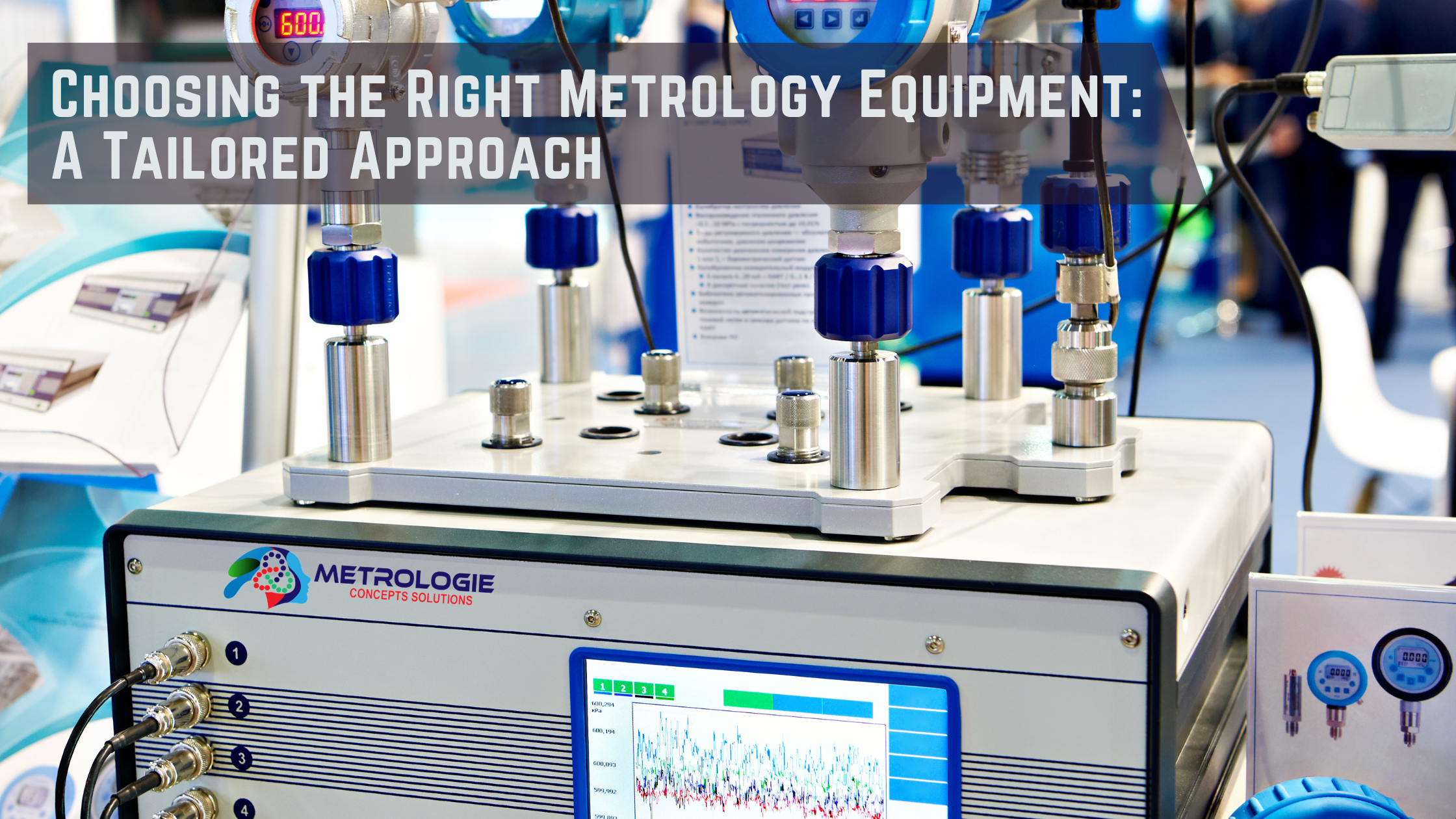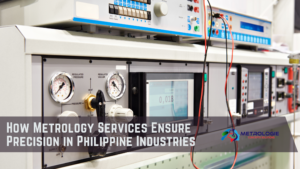In the realm of precision and accuracy, metrology equipment acts as the backbone of various industries. To ensure optimal functionality, it is crucial to understand your unique measurement needs before delving into the diverse array of available options. From Coordinate Measuring Machines (CMMs) to 3D scanners, each piece of equipment has its strengths and applications.
Discover the art of Choosing the Right Metrology Equipment: A Tailored Approach with expert insights, comprehensive guidance, and a personalized touch. Explore the world of metrology solutions tailored to your needs.
Understanding Your Measurement Needs
Before embarking on the journey of selecting metrology equipment, businesses must pinpoint their specific measurement requirements. Whether it’s dimensional accuracy, surface finish, or 3D modeling, a clear understanding of your needs is the foundation of a successful selection process.
Key Features to Consider
Navigating the sea of options demands a discerning eye. Explore this section for insights into the critical features that should guide your decision-making process. From accuracy to scalability, each factor plays a crucial role in Choosing the Right Metrology Equipment: A Tailored Approach.
Types of Metrology Equipment
The market offers a plethora of metrology tools, each catering to distinct purposes. CMMs are ideal for precise dimensional measurements, while optical and laser-based tools excel in non-contact measurements. Surface finish measurement instruments provide insights into the quality of surfaces, and 3D scanners offer comprehensive three-dimensional data for intricate designs.
Benefits of Tailored Metrology Solutions
Uncover the advantages of adopting a tailored approach. From enhanced efficiency to cost-effectiveness, discover how Choosing the Right Metrology Equipment: A Tailored Approach elevates your measurement processes.
Budget Considerations
While investing in metrology equipment is an essential step, businesses must carefully evaluate the associated costs. Beyond the initial purchase, consider ongoing expenses for calibration and maintenance to ensure a cost-effective and sustainable solution.
Integration with Existing Systems
Seamless integration with existing technologies is paramount. Compatibility issues can hinder workflow efficiency, so businesses should select metrology equipment that aligns with their current systems and processes.
User-Friendly Interfaces
The user interface of metrology equipment plays a crucial role in its effectiveness. Opt for tools with intuitive controls to minimize training requirements for operators, ensuring smooth adoption into your daily operations.
Calibration and Maintenance
Regular calibration is vital for maintaining the accuracy of metrology equipment. Establishing a routine maintenance schedule will not only prolong the equipment’s lifespan but also contribute to consistent, reliable measurements.
Future-Proofing Your Investment
Technology evolves rapidly, and businesses should invest in metrology equipment with an eye on the future. Consider equipment with scalability options and compatibility with emerging technologies to future-proof your investment.
Customer Support and Training
Select a supplier that offers robust customer support and training programs. Access to technical assistance and comprehensive training ensures that your team can fully harness the capabilities of the metrology equipment.
Case Studies
Explore real-world applications of metrology equipment in various industries. Case studies provide valuable insights into successful implementations and can guide your decision-making process.
Real-world Challenges
Acknowledge and address common challenges faced by businesses during metrology implementation. Understanding potential roadblocks allows for proactive solutions and a smoother integration process.
Expert Recommendations
Seek advice from industry experts who have hands-on experience with metrology equipment. Their insights and recommendations can provide valuable perspectives and help you make an informed decision.
Making the Final Decision
As you weigh the pros and cons of different metrology options, consider how each aligns with your unique business requirements. The final decision should not only meet your current needs but also support future growth and innovation.
Conclusion
In the ever-evolving landscape of business, the right metrology equipment can be a transformative asset. By carefully considering your specific needs, budget, and integration requirements, you can make an informed decision that positively impacts your product quality and overall business success.
FAQs: Decoding Metrology Equipment Selection
What factors influence metrology equipment choice?
Understanding the intricate factors that impact your decision-making process is crucial. Dive into the nuances of metrology equipment selection, from precision requirements to budget constraints.
Can one-size-fits-all metrology solutions meet specific industry needs?
Explore the limitations of generic solutions and why tailoring is imperative for industries with unique measurement demands.
How does accuracy play a role in metrology equipment selection?
Delve into the significance of accuracy and its cascading effects on the overall success of your metrology processes.
Are there industry-specific considerations when Choosing the Right Metrology Equipment?
Uncover the industry nuances that shape metrology equipment choices, ensuring alignment with specific sector requirements.
How can scalability impact long-term metrology solutions?
Explore the scalability aspect and its impact on the adaptability and longevity of your chosen metrology solutions.
What role does technology play in modern metrology equipment?
Discover the technological advancements shaping the metrology landscape and how they influence equipment choices.




